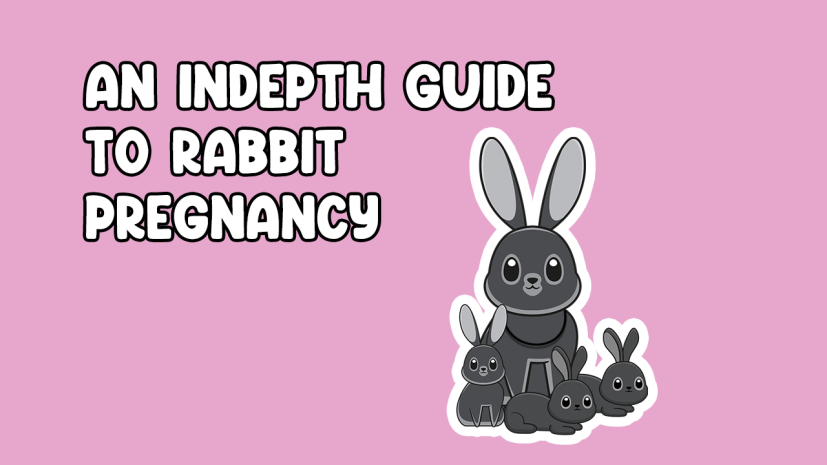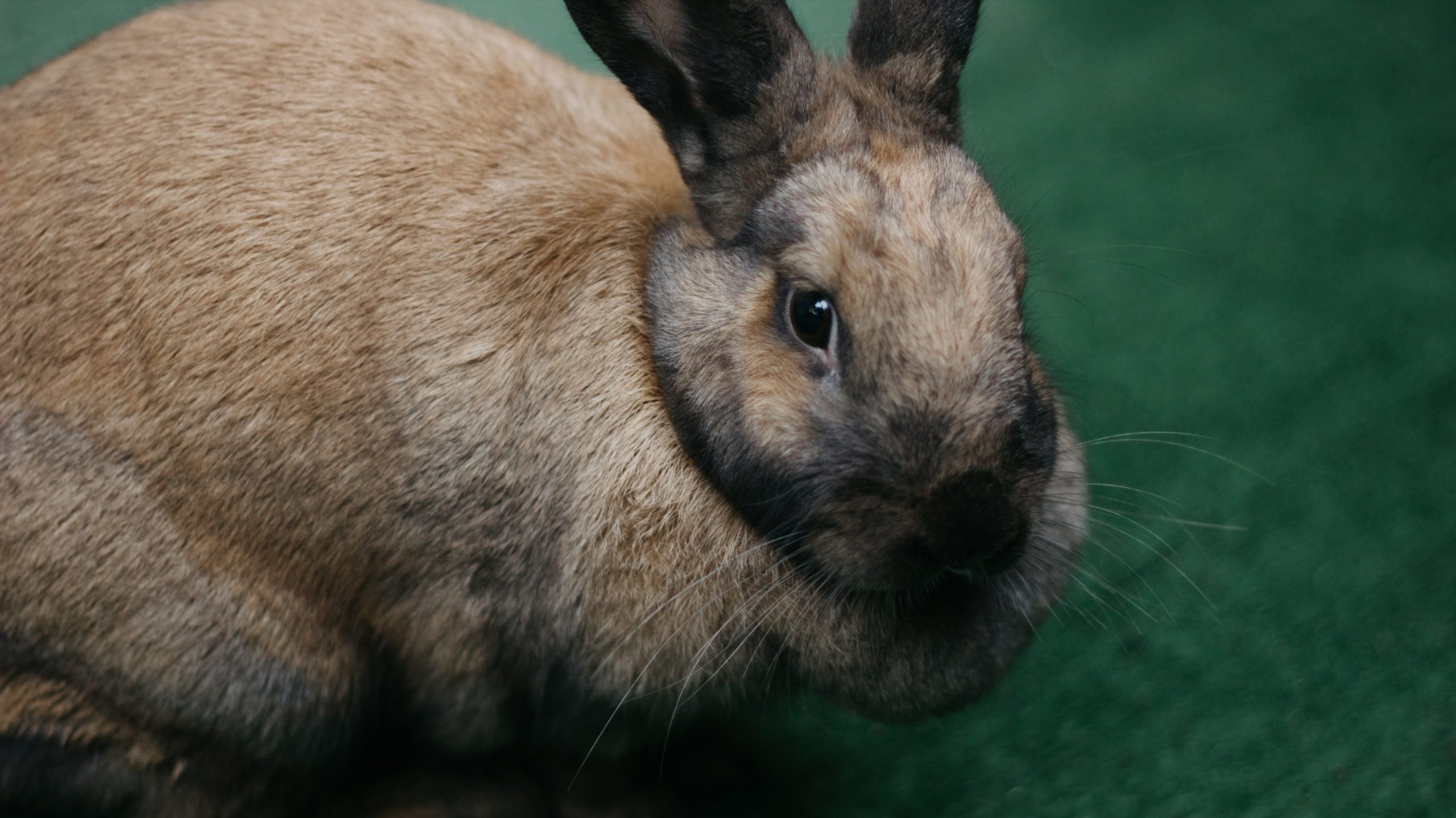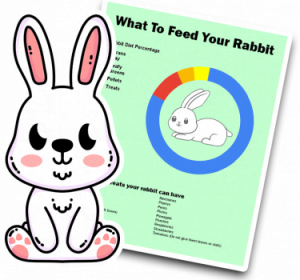

Rabbits have a relatively short gestation period (Pregnancy timespan), of only around 31 days. This means that they can become pregnant again very soon after giving birth. For this reason, it is important to be aware of the signs of pregnancy in rabbits, so that you can provide the appropriate care.
The first sign of pregnancy in rabbits is usually an increase in appetite. Your rabbit may start to eat more hay and vegetables than usual, and may also beg for treats more often. She will also drink more water than usual.
As the pregnancy progresses, you may notice your rabbit’s tummy getting larger. She may also start to build a nest out of her fur and bedding material. Towards the end of the pregnancy, her nipples will become enlarged and more visible.
If you think your rabbit may be pregnant, it is essential to take her to the vet for a check-up. This is because rabbits can sometimes experience false pregnancies, where they show all the signs of being pregnant but are not actually carrying any babies.
A vet will be able to confirm whether or not your rabbit is pregnant and advise you on how to care for her during this time.
Typically speaking, your rabbit has the following pregnancy symptoms:
Rabbits reach sexual maturity relatively quickly, with males typically becoming fertile at 3-5 months old and females at 3-4 months. This means that they can start producing a litter of their own from a young age.
Rabbits are induced ovulators, which means that they do not release eggs until they are stimulated to do so by mating. After mating, the female will produce a litter of anywhere from 1-12 kits 30 days later.
Female Rabbits (Also known as Doe) can become pregnant from the age of 12 weeks and will continue to have babies for up to four years old. Male rabbits, however, start at 12 weeks old and can mate up until seven years old.
This quick reproductive cycle means that rabbits can rapidly repopulate an area if their numbers have been depleted. It also results in a high mortality rate among young rabbits, as many wild rabbits do not live long enough to reach adulthood.
When your rabbit is pregnant, you’ll need to make sure they have frequent freshwater and nutritious food, this means fewer treats and a more focused and split diet of hay and pellets. If you can, give them dark leafy greens and alfalfa hay.
During your rabbit’s pregnancy, make sure you thoroughly wash all vegetables. Not washing vegetables can be detrimental to the kit’s health as they can contain pesticides and chemicals.
Rabbit pregnancy will last anywhere from 28-32 days which is an incredibly quick cycle for pregnancy, the number of kits that come from pregnancy range from 4-5 (Smaller Breeds) to 8-12 (Larger Breeds).
Make sure the mother has been eating really high-quality high during the pregnancy and change their water constantly, if you live in an area with rough water, use bottled water for them regularly.
Around a week before your pregnant rabbit is due to give birth, you should expect to see signs of nesting. If you have a few cardboard boxes, try putting them in corners of various rooms and see which one she starts putting bedding in and digging in a lot.
In most cases, your doe will take anything it can for its nest, this includes hay, blankets, loose cloth, clothing, etc. Anything it can fit in its mouth and carry it’ll try to put in its nest.
You shouldn’t be alarmed if you see your pregnant rabbit pulling its fur out during rabbit gestation, this is all part of the process of creating a warm home for their soon-to-be-born kits.
Pulling fur only typically happens a few days before they are due to give birth, so this could mean you’ll be waking up to a litter of kits soon.
Rabbits will typically have a gestation period between 28-33 days, this does vary with each breed and the size of your doe.
During the time your doe is giving birth, it is known as kindling. Kindling usually happens very early in the morning (When you’re asleep), you shouldn’t worry though, they will rarely need our intervention.
Kindling can take anywhere from 15 to 30 minutes, however, it’s usually a quick process.
Unfortunately, not all babies are guaranteed to survive, and as upsetting as that is, it’s simply part of life.
When checking the babies, be brief and if they are all alive and well, leave the nest alone for half a week. If you intervene too much, the mother may get stressed which can impact her feeding process.
It is not uncommon for rabbits to experience what is known as a false pregnancy. This occurs when the rabbit’s body goes through all the changes and symptoms associated with pregnancy, even though there is no fetus present.
False pregnancy can be caused by a number of things, including stress, hormonal imbalances, or simply incorrect mating.
While a false pregnancy may seem harmless, it can actually be quite dangerous for your rabbit. False pregnancy puts a lot of strain on the rabbit’s body and can lead to health problems or even death if not treated properly. If you think your rabbit may be experiencing a false pregnancy, it is essential to take them to the vet right away for treatment.

By entering your email address you agree to receive emails from Cottontailclub. We'll respect your privacy and you can unsubscribe at any time.